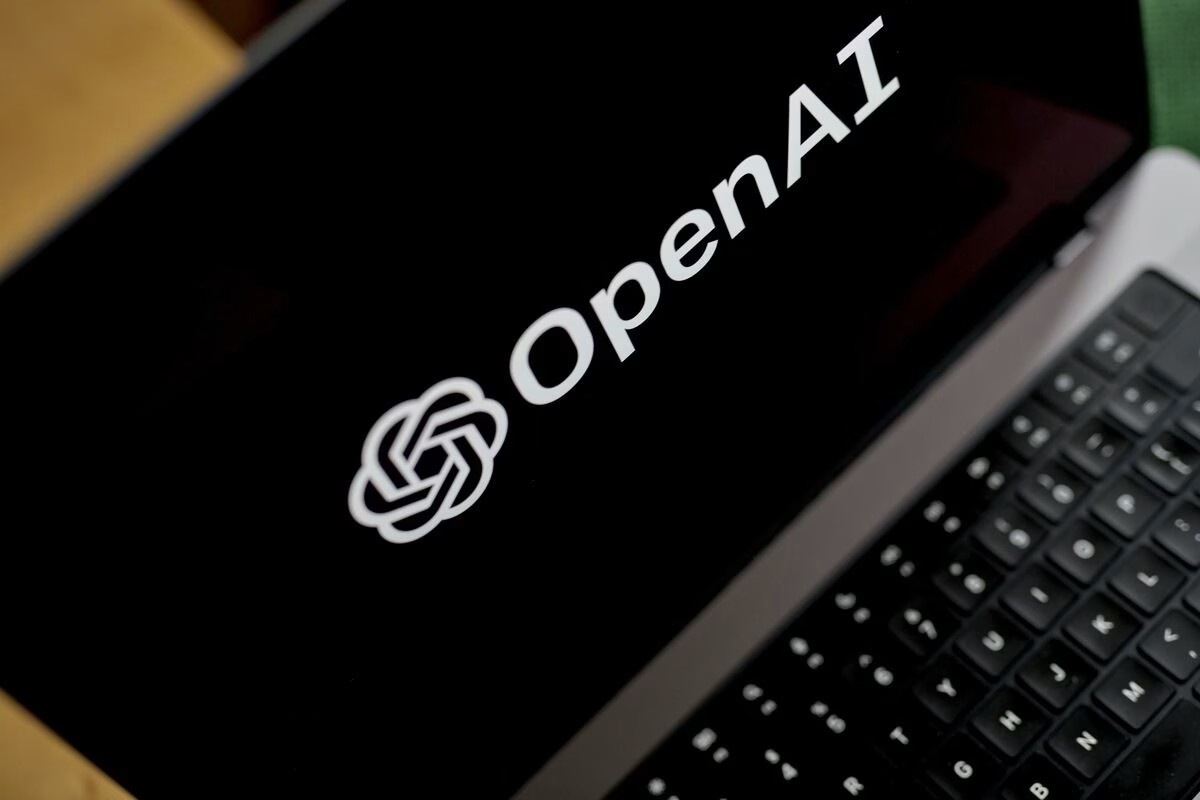OpenAI Reportedly Ventures Into AI Music Generation, Juilliard Collaboration Underway
Sources with knowledge of the project suggest OpenAI envisions a versatile system. Imagine generating the perfect guitar accompaniment for your vocal track, or easily adding bespoke background scores to videos. The potential applications are vast, opening up new avenues for content creators and musicians alike. But, and this is a big one, there’s no official word on how far along these efforts really are. OpenAI itself has remained tight-lipped, which isn't unusual for them during early-stage developments.
Training the Ear: The Juilliard Connection
A key detail surfacing in these reports is the involvement of Juilliard students. It seems OpenAI has enlisted these talented individuals to annotate music scores. This kind of specialized, high-quality data annotation is absolutely critical for training sophisticated AI models, especially when you're aiming for musical nuance and authenticity. Think about it: a system trained on expertly annotated classical and contemporary scores would inherently understand structure, harmony, and rhythm far better than one relying on generic, uncurated datasets. This collaboration hints at a deeper, more refined approach to music generation, aiming to overcome the often-criticized generic sound of earlier AI attempts.
And honestly, getting Juilliard involved? That’s a smart move. It lend a serious air of credibility to their data pipeline. Most of the time, the quality of your AI's output is only as good as the data it eats. So, this partnership could be a real differentiator in a crowded market.
Navigating a Crowded, Contentious Landscape
OpenAI isn't the first player in this arena, nor are they new to audio AI. Many of you will remember their earlier foray with Jukebox back in 2023. That particular model showed promise but also highlighted the immense challenges in creating truly compelling and controllable music. Since then, we've seen a surge in AI music startups like Suno and ElevenLabs, each launching their own versions of music and audio generation tools, some of which have already gained considerable traction. The market is getting crowded, and fast.
What This Means for OpenAI and the Creative World
If these reports hold true, OpenAI's move into music generation signifies a major expansion of their multi-modal AI ambitions, building on successes like their text-to-video model, Sora. Integrating music with video, for instance, could become seamless, revolutionizing content creation workflows. Imagine generating a high-quality, perfectly synced soundtrack for your short film with a simple text prompt.
However, the road ahead is undoubtedly fraught with challenges. Copyright, intellectual property, and fair compensation for artists will remain front and center. OpenAI’s collaboration with Juilliard suggests an attempt at ethical data sourcing, which is a step in the right direction compared to some companies that scraped vast amounts of copyrighted material. Ultimately, this isn't just about making cool new tech. It's about shaping the future of creative industries. And the music world? Well, it just got a whole lot more interesting.
